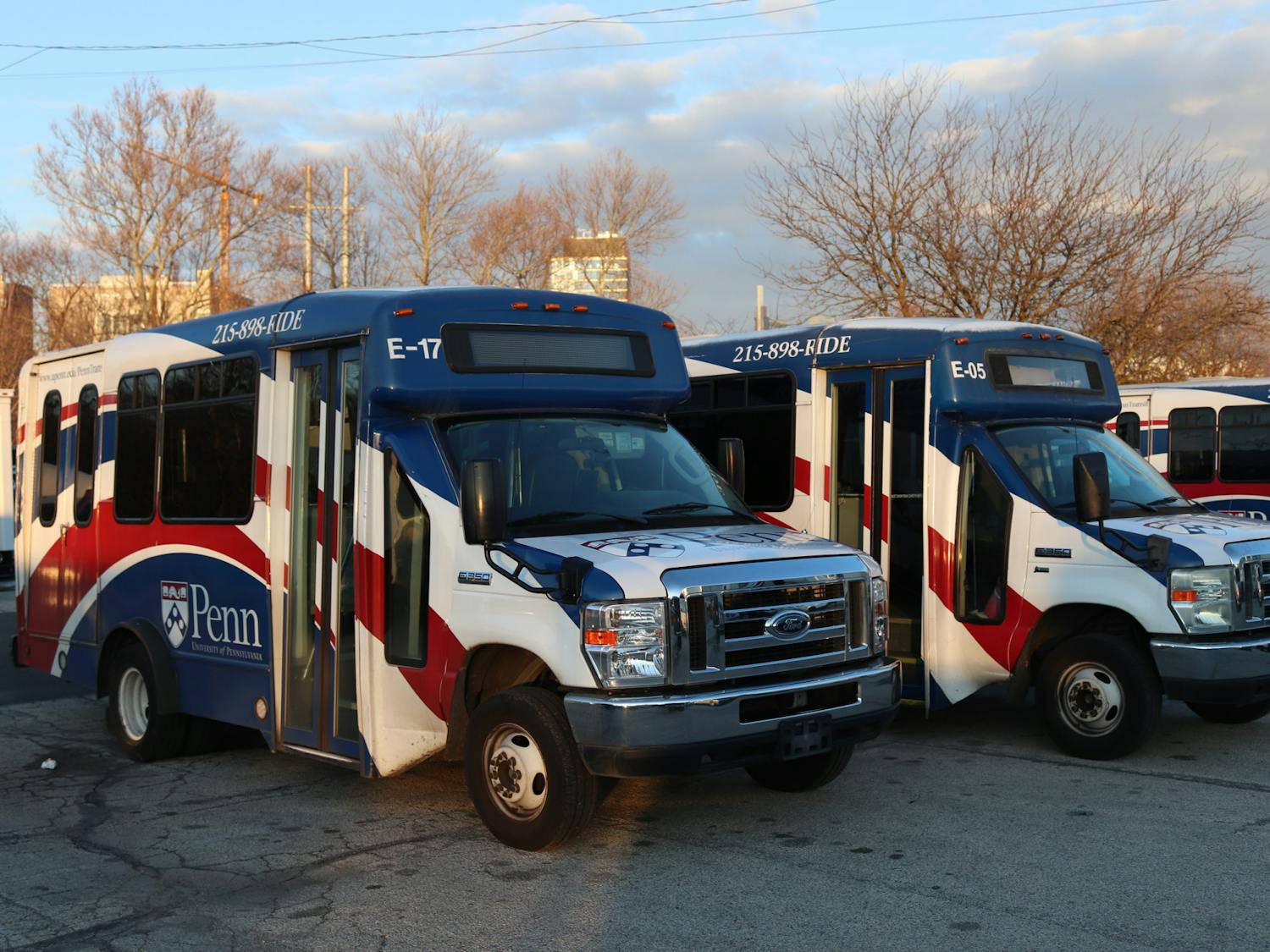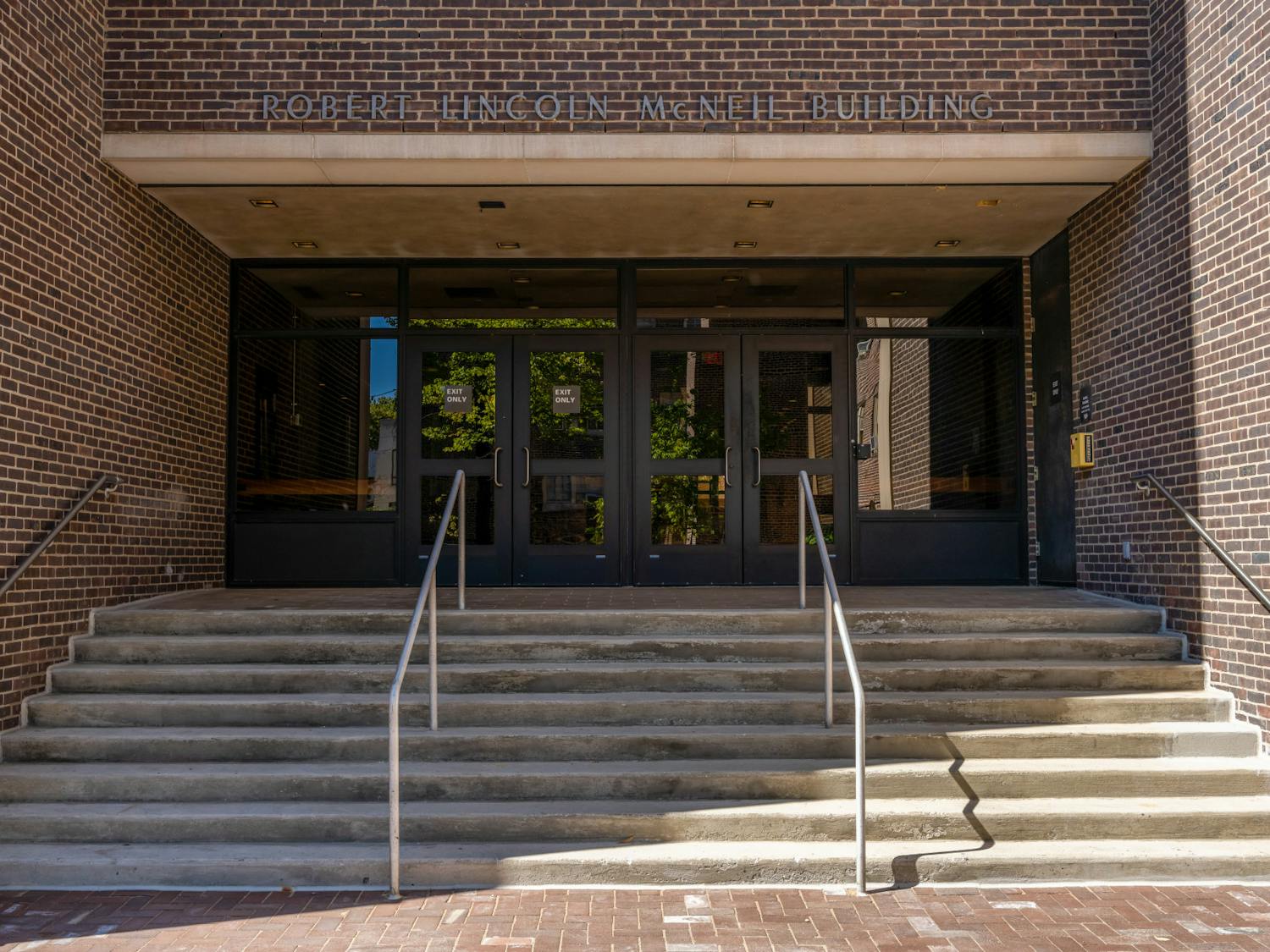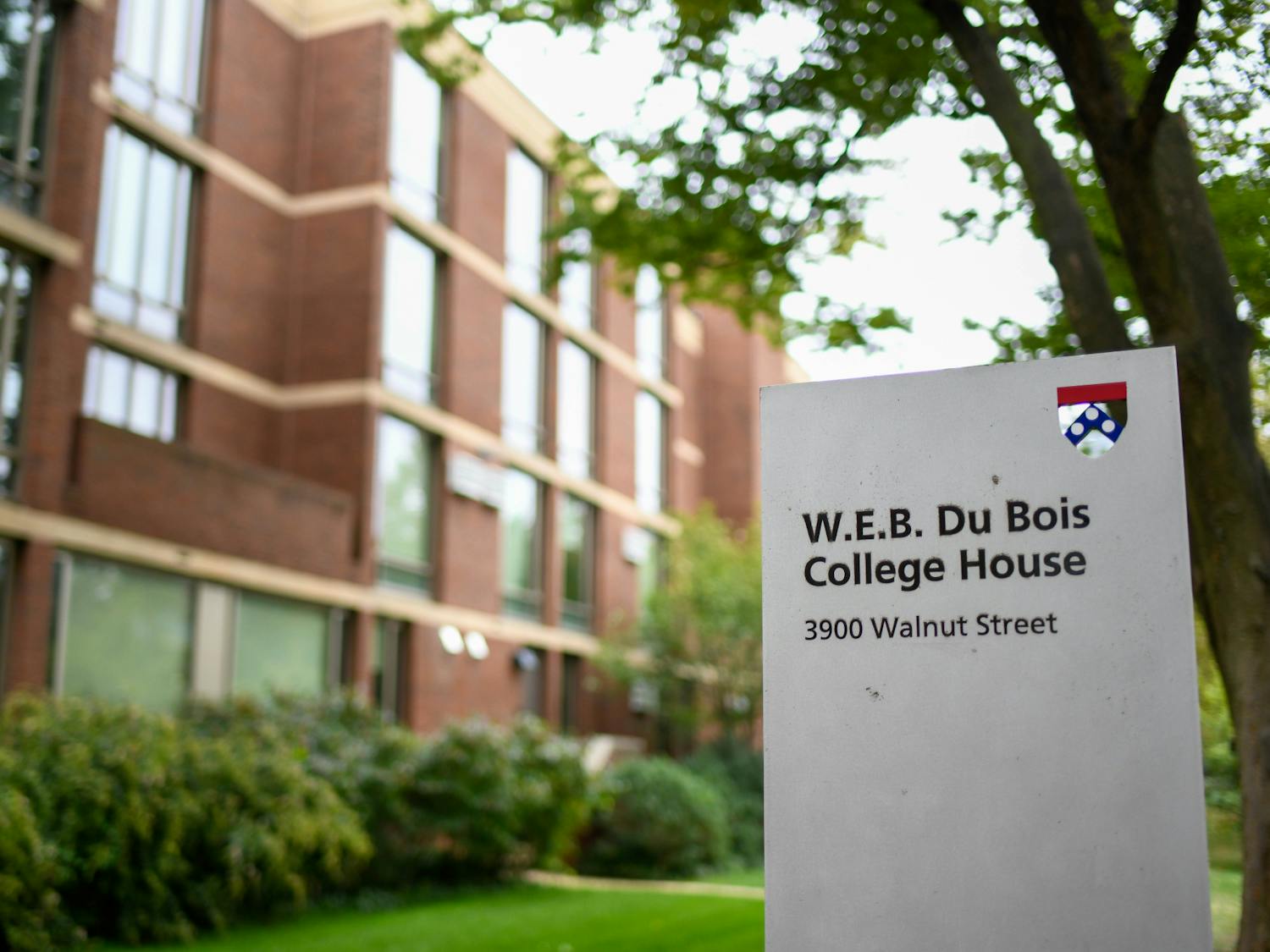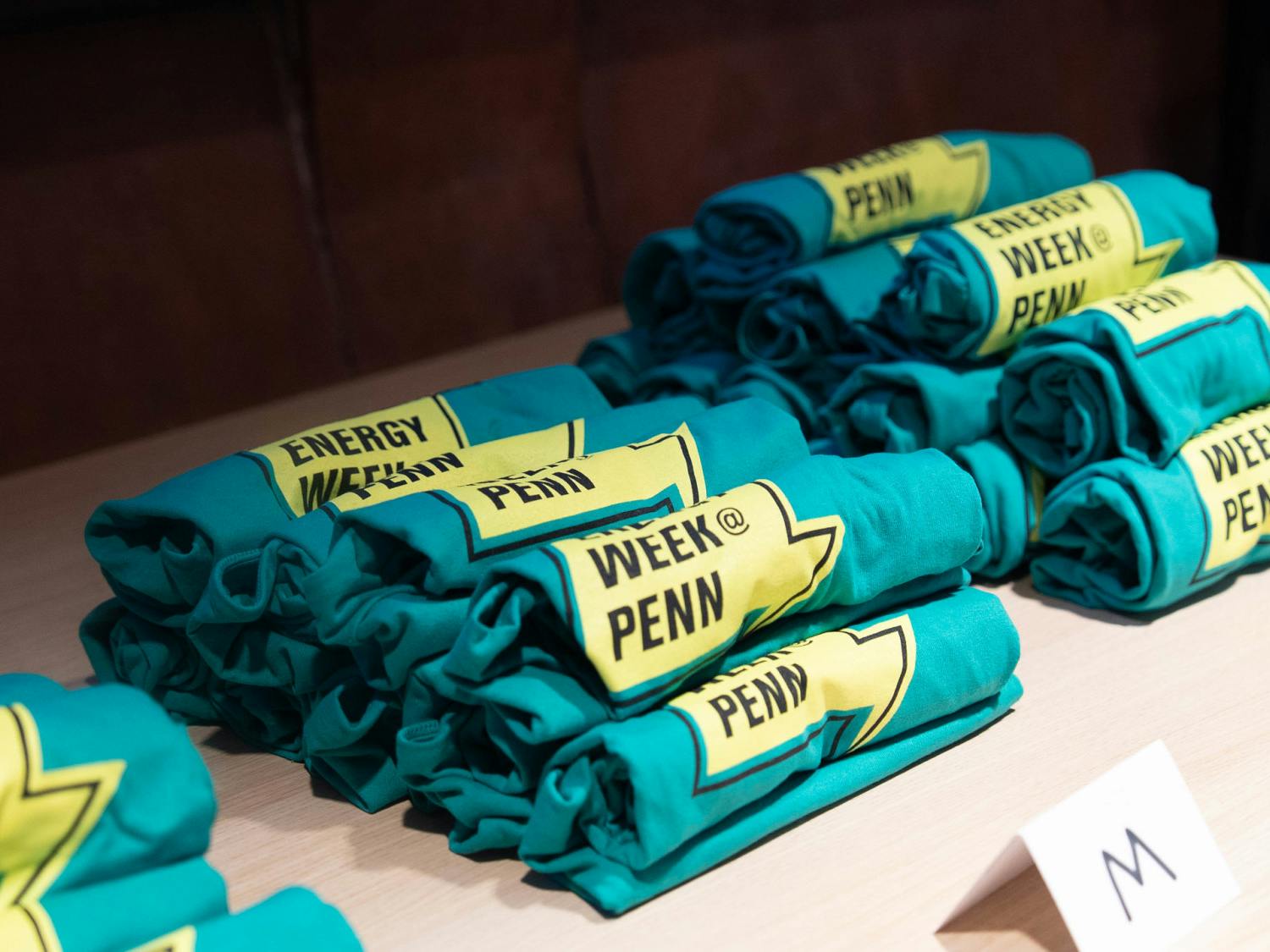Sept. 11, 2004 was not only a day of remembrance for Americans. It also marked the onslaught of Hurricane Ivan, one of the most devastating events ever to hit the Cayman Islands.
As a result of Ivan, the island of Grand Cayman -- with a population of only 37,083 people -- was left in shambles. Thirty percent of the population was left homeless, and as of recently, only the capital has had electricity restored.
College junior Katrina Jurn is the only student at Penn from the Cayman Islands.
She described her home district as a "war zone," where winds had reached over 165 miles per hour.
After the hurricane hit, Jurn returned home to find that each of her family's homes had been damaged by the hurricane. Her aunt lost both of her homes.
"I felt compelled to do something after seeing the damage," Jurn said. "I thought about taking off the semester to stay at home, but my family told me not to."
Instead, Jurn decided to start an effort at Penn -- with the help of Engineers Without Borders and the Penn Society for International Development -- to find a way to help her family and other Grand Cayman residents in need. The group is also working closely with the Cayman Islands Recovery Effort.
Jurn's efforts were displayed last night in the seminar room of Harrison College House, where approximately 20 students, including members of EWB and PennSID, joined to build solar cookers.
"A solar cooker is essentially a solar oven. It uses solar energy to cook food and takes about twice as long as a conventional oven to cook food," College senior and PennSID president Karina Totah said, noting that the cookers can reach up to 300 degrees Fahrenheit.
Totah added that approximately 100,000 people are already using solar cookers in India, thanks to the efforts of groups such as Solar Box Cookers International, founded in 1987.
Those attending the event were split into three groups, with each devoted to building its own solar cooker. Materials such as cardboard, plastic, newspaper and water-resistant glue were used to construct the box-shaped cooker.
Using a solar cooker, foods such as eggs, rice and fish can be cooked in one to two hours. Foods such as meats and stews, however, take up to four hours to cook thoroughly.
Despite the increased time needed to cook with solar cookers, a slideshow presentation during last night's event explained that there are many benefits to using these cookers.
One of these advantages is improved health due to smoke-free cooking. Solar cookers can also be used to pasteurize water by killing disease-causing microbes. This is especially helpful because much of the water in the Cayman Islands has been contaminated as a result of Ivan.
The ability to ship these solar cookers -- each a 27-square-foot cube -- poses an as of yet unsolved problem for PennSID and EWB members.
Many shipping companies quoted prices of $2,000 or more just to ship the three mini solar ovens.
The students said they have not given up, though, and will find a way to deliver these solar cookers.
Jurn hopes her contribution will not stop with this one event. Jurn, along with PennSID, is planning a spring break trip this March to the Cayman Islands to help in the relief effort.
The trip will be open to all students.
The volunteer work last night, however, was not just a lesson in helping the Cayman Islands.
Instead, the event helped "raise awareness of international development and sustainable development among the student population," Wharton and Engineering senior and EWB member Vijay Patel said.
He added that this event allowed students to realize that they can still "make a meaningful contribution to the international community while studying at Penn."








